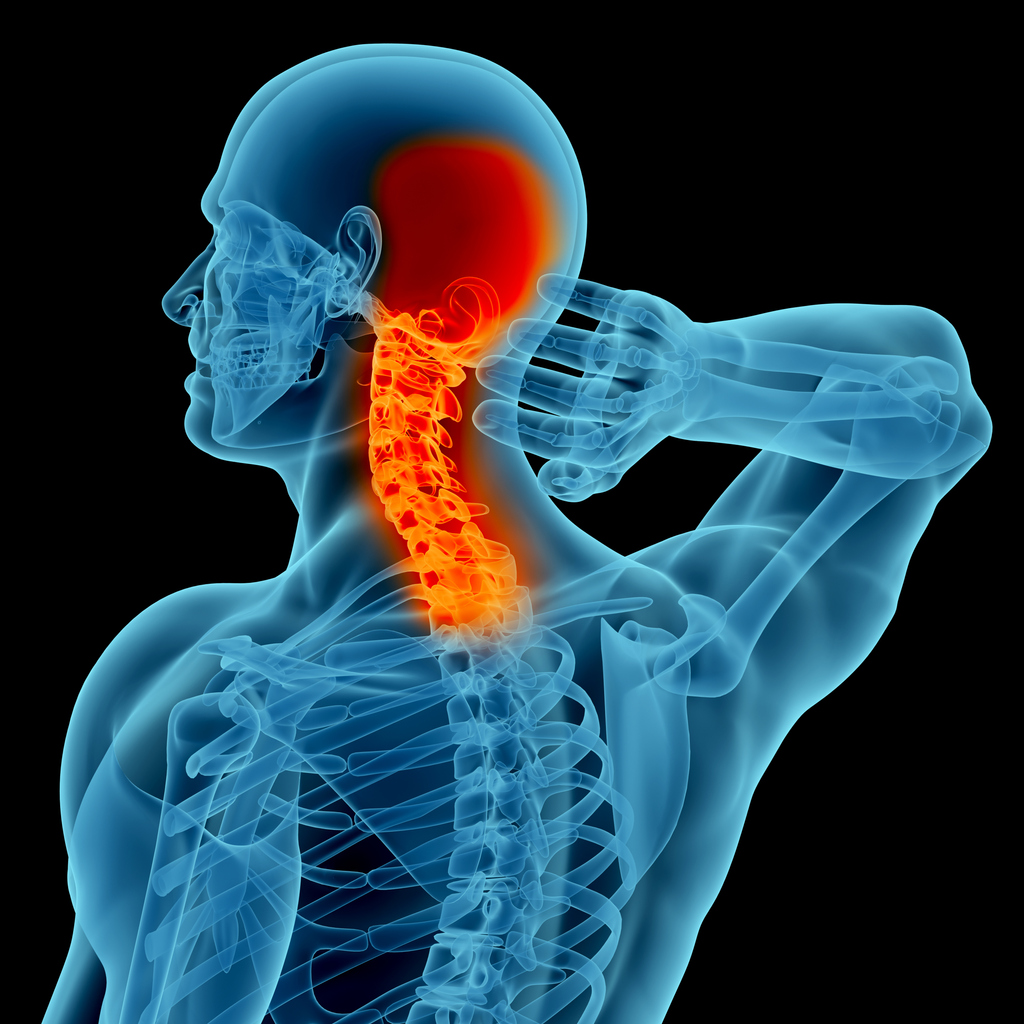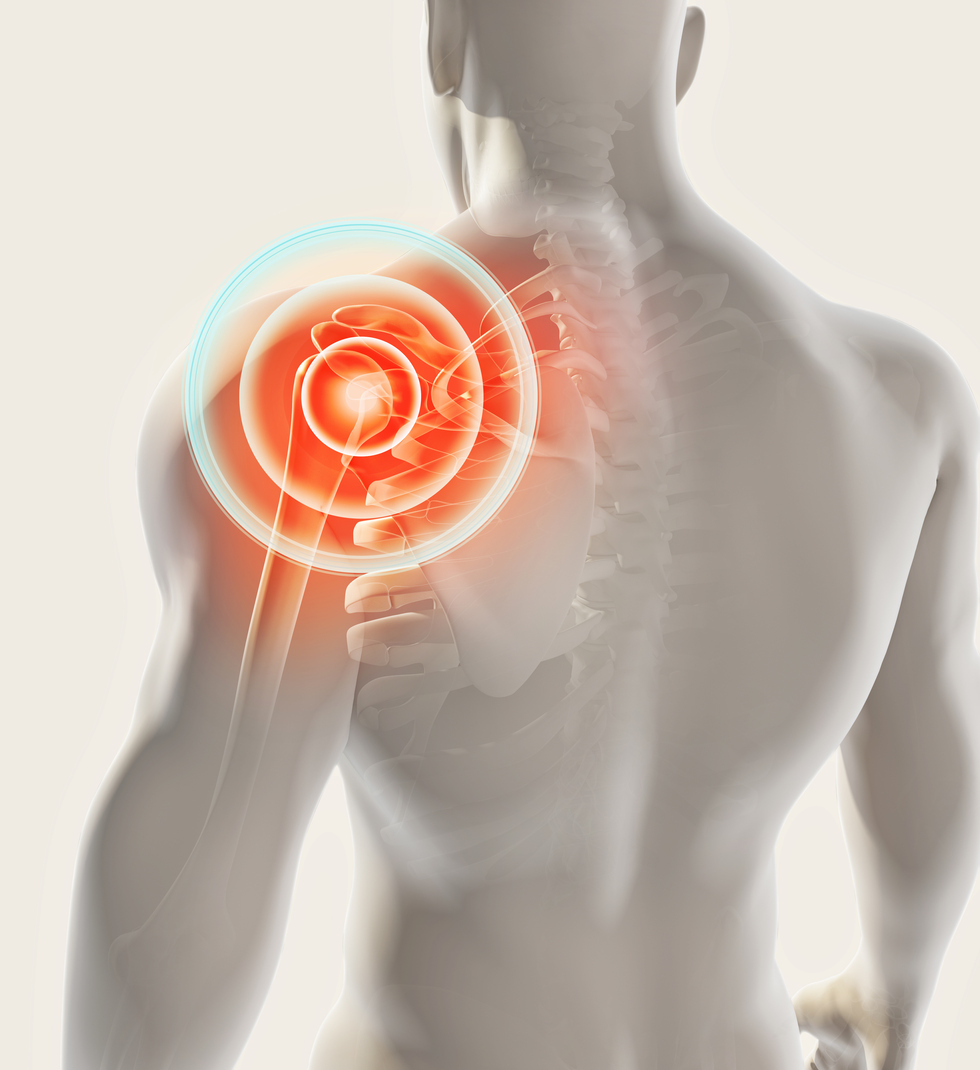Pain
Syndrome, Condition, Disorder, or Disease?

The terms “syndrome,” “condition,” “disorder,” and “disease” all refer to specific states of health. They are often used interchangeably; however, they slightly differ in definition.
Syndrome
A syndrome refers to a specific set of signs and symptoms that are usually due to a single cause (or set of related causes). The exact cause may or may not be understood.
Examples of a syndrome include the following:
- Carpal tunnel syndrome develops due to compression of the carpal tunnel which puts pressure on the median nerve. This causes symptoms of numbness, tingling or weakness in the affected wrist and hand.
- Complex regional pain syndrome (CRPS) can develop after an injury or medical condition and typically affects one limb. It causes severe chronic pain. The exact cause of CRPS is not well understood.
Condition
The Oxford English Dictionary defines a condition as both “a person’s state of health or physical fitness” and “an illness or other medical problem.” In the medical community, the term “condition” is used to describe the following:
- An unhealthy state
- A state of fitness
- Something that is essential to the occurrence of something else (e.g., precondition)
- To change behavior (e.g., psychological conditioning)
Despite these specific definitions, the term “condition” is often used as a general term for a disease or disorder.
Disorder
A disorder refers to a group of symptoms involving abnormal physiological functioning, such as metabolic disorders, or a disruption in psychological functioning, such as mental health disorders. The cause of a disorder is not always known.
Examples of a disorder include the following:
- Post-traumatic stress disorder is a mental health disorder which can develop after witnessing or experiencing a traumatic event.
- Anxiety disorders are a group of mental health conditions that are characterized by persistent and overwhelming feelings of worry and fear.
Disease
A disease is a defined process marked by a characteristic set of symptoms that impair functioning and may affect all or part of the body.
Examples of a disease include the following:
- Lyme disease occurs as a result of the bacteria Borrelia.
- Crohn’s disease is an inflammatory bowel disease that causes inflammation of the digestive tract.


















